Amber Oil
$380.00 – $1,100.00
Amber Oil
Amber Oil is a fragrant essential oil derived from the resin of amber trees, known for its warm, rich, and earthy aroma. This oil is celebrated for its calming and grounding properties, making it a popular choice in aromatherapy and natural wellness practices. Amber Oil is often used in perfumes, candles, and skincare products for its unique scent and potential therapeutic benefits, including stress relief and mood enhancement. Its versatile nature allows it to be incorporated into various applications, from personal care to home fragrance, providing a soothing and luxurious experience.
Amber Oil
Amber Oil is a captivating essential oil derived from the fossilized resin of ancient amber trees, known for its warm, rich, and earthy aroma. This oil has been cherished for centuries, not only for its unique scent but also for its potential therapeutic properties. The extraction process typically involves steam distillation or solvent extraction, which captures the essence of amber while preserving its aromatic and beneficial qualities. The result is a luxurious oil that embodies the essence of nature’s beauty and complexity.
Aromatic Profile:
Amber Oil is characterized by its deep, resinous fragrance, often described as warm, sweet, and slightly woody. The scent is both grounding and uplifting, making it a favorite in the world of perfumery and aromatherapy. Its complex aroma profile can evoke feelings of nostalgia and comfort, reminiscent of ancient forests and tranquil landscapes. The oil’s scent is often used as a base note in fragrance blends, providing depth and richness that enhances the overall olfactory experience.
When diffused or used in candles, Amber Oil fills the space with a soothing aroma that can transform any environment into a serene sanctuary. Its warm and inviting scent is perfect for creating a cozy atmosphere, making it an ideal choice for relaxation spaces, meditation rooms, or intimate gatherings.
Therapeutic Benefits:
Amber Oil is celebrated for its potential therapeutic properties, which include:
-
Calming and Grounding: The soothing aroma of Amber Oil is known to promote relaxation and reduce stress. It can help create a tranquil environment, making it an excellent choice for meditation and mindfulness practices. Many users find that inhaling the scent of Amber Oil can help ease anxiety and promote a sense of peace, making it a valuable tool for emotional well-being.
-
Mood Enhancement: The uplifting qualities of Amber Oil can enhance mood and foster a sense of joy. Its warm scent is often associated with feelings of comfort and security, making it a popular choice for those seeking emotional balance and well-being. Whether used in a diffuser or applied topically, Amber Oil can help elevate the spirit and create a positive atmosphere.
-
Anti-Inflammatory Properties: Some studies suggest that Amber Oil may possess anti-inflammatory properties, which can be beneficial for soothing skin irritations and promoting overall skin health. Its potential to reduce inflammation makes it a valuable addition to skincare formulations, particularly for those with sensitive or irritated skin.
-
Antioxidant Effects: Amber Oil is also believed to have antioxidant properties, which can help protect the skin from environmental stressors and promote a youthful appearance. This makes it a sought-after ingredient in natural skincare products aimed at combating signs of aging.
Culinary and Cosmetic Uses:
While Amber Oil is primarily used in aromatherapy and perfumery, it can also be found in various cosmetic and personal care products. Its warm scent makes it a popular ingredient in:
-
Perfumes and Fragrances: Amber Oil is often used as a base note in perfumes, providing depth and richness to fragrance blends. Its unique aroma can enhance the longevity of scents, making it a staple in high-quality perfumes and colognes.
-
Candles and Home Fragrance: The inviting aroma of Amber Oil makes it a popular choice for scented candles, diffusers, and potpourri, creating a warm and welcoming atmosphere in homes. When used in candles, Amber Oil can fill a room with its soothing scent, making it perfect for relaxation or romantic settings.
-
Skincare Products: Due to its potential anti-inflammatory and soothing properties, Amber Oil is sometimes included in skincare formulations, such as lotions, creams, and serums, to promote healthy skin. Its ability to nourish and hydrate the skin makes it a valuable addition to beauty routines.
-
Massage Oils: Amber Oil can be blended with carrier oils for use in massage therapy, providing both aromatic pleasure and potential therapeutic benefits. The warm scent can enhance the overall massage experience, promoting relaxation and stress relief.
Sustainability and Sourcing:
When purchasing Amber Oil, it is essential to consider the sourcing and sustainability of the product. Reputable manufacturers often prioritize ethical sourcing practices, ensuring that the resin is harvested responsibly and sustainably. This commitment to sustainability not only benefits consumers but also supports the preservation of natural resources. By choosing sustainably sourced Amber Oil, consumers can enjoy its benefits while contributing to environmental conservation.
Cultural Significance:
Amber has a rich history and cultural significance in various traditions around the world. In ancient times, amber was believed to possess protective and healing properties, often used in amulets and talismans. Its warm glow and natural beauty have made it a symbol of protection and good fortune in many cultures. Today, Amber Oil continues to carry this legacy, offering a connection to nature and the wisdom of ancient practices.
Conclusion:
In summary, Amber Oil is a versatile and enchanting essential oil that offers a unique combination of aromatic pleasure and potential therapeutic benefits. Its warm, rich scent makes it a beloved choice in aromatherapy, perfumery, and personal care products. Whether used to create a
write the uses and properties of Amber Oil
Uses of Amber Oil
-
Aromatherapy:
- Stress Relief: Amber Oil is commonly used in aromatherapy to promote relaxation and reduce stress. Its warm, soothing scent can help create a calming environment, making it ideal for meditation and mindfulness practices.
- Mood Enhancement: The uplifting aroma of Amber Oil can enhance mood and foster a sense of well-being. It is often used to combat feelings of anxiety and depression.
-
Perfumery:
- Fragrance Base Note: Amber Oil is a popular base note in perfumes and colognes, providing depth and richness to fragrance blends. Its warm and sweet scent enhances the overall olfactory experience and contributes to the longevity of the fragrance.
-
Skincare:
- Anti-Inflammatory Properties: Amber Oil may help soothe skin irritations and reduce inflammation, making it beneficial for sensitive or irritated skin. It is often included in lotions, creams, and serums.
- Antioxidant Effects: The oil is believed to have antioxidant properties, which can help protect the skin from environmental stressors and promote a youthful appearance.
-
Massage Therapy:
- Massage Oil: When blended with carrier oils, Amber Oil can be used in massage therapy to provide both aromatic pleasure and potential therapeutic benefits. Its warm scent enhances the overall massage experience.
-
Home Fragrance:
- Candles and Diffusers: Amber Oil is commonly used in scented candles, diffusers, and potpourri to create a warm and inviting atmosphere in homes. Its comforting aroma can fill a room, making it perfect for relaxation or romantic settings.
-
Spiritual Practices:
- Meditation and Rituals: Amber Oil is often used in spiritual practices and rituals for its grounding properties. It can help create a sacred space and enhance meditation experiences.
-
Natural Remedies:
- Traditional Uses: In some cultures, amber has been used for its purported healing properties. Amber Oil may be used in natural remedies for various ailments, although scientific evidence is limited.
Properties of Amber Oil
-
Aromatic Profile:
- Warm and Earthy: Amber Oil has a rich, warm, and slightly sweet aroma with earthy undertones. This complex scent profile makes it a favorite in perfumery and aromatherapy.
-
Therapeutic Benefits:
- Calming and Grounding: The oil is known for its calming effects, helping to reduce stress and anxiety. It promotes relaxation and emotional balance.
- Mood Enhancer: Amber Oil can uplift the spirit and improve mood, making it beneficial for emotional well-being.
-
Anti-Inflammatory:
- Skin Soothing: Amber Oil may possess anti-inflammatory properties, which can help soothe skin irritations and promote overall skin health.
-
Antioxidant Properties:
- Skin Protection: The oil is believed to have antioxidant effects, helping to protect the skin from environmental damage and signs of aging.
-
Versatility:
- Multi-Use Product: Amber Oil can be used in various applications, including aromatherapy, skincare, perfumery, and home fragrance, making it a versatile addition to any wellness routine.
-
Sustainability:
- Ethical Sourcing: Many reputable manufacturers prioritize sustainable and ethical sourcing practices, ensuring that the resin used to produce Amber Oil is harvested responsibly.
-
Cultural Significance:
- Historical Use: Amber has a rich history and cultural significance, often associated with protection and healing in various traditions. This adds a layer of meaning to the use of Amber Oil in modern practices.
Conclusion
Amber Oil is a multifaceted essential oil with a wide range of uses and properties. Its warm, inviting aroma and potential therapeutic benefits make it a valuable addition to aromatherapy, skincare, and personal care products. Whether used for relaxation, mood enhancement, or skincare, Amber Oil offers a unique and enriching experience that connects users to nature and ancient traditions.
write the thc and cbd level for Amber Oil
THC and CBD Levels in Amber Oil
-
Understanding Amber Oil:
- Amber Oil is typically derived from the resin of amber, which is fossilized tree resin. It is important to note that amber itself does not contain THC (tetrahydrocannabinol) or CBD (cannabidiol) as it is not a cannabis product.
- However, if you are referring to cannabis oils that may be amber in color, the THC and CBD levels can vary significantly based on the extraction method and the strain of cannabis used.
-
General THC and CBD Levels:
- THC Levels:
- Cannabis oils can have a wide range of THC levels, often between 5% to 90%, depending on the extraction method and the strain.
- Medical-grade THC oils are typically prescribed for specific health conditions and can be higher in potency.
- CBD Levels:
- CBD oils usually contain less than 0.3% THC to comply with legal standards in many regions, including the UK.
- CBD levels can range from 5% to 30% in various products, depending on the formulation and intended use.
- THC Levels:
-
Factors Influencing THC and CBD Levels:
- Extraction Method:
- Different extraction methods (e.g., CO2 extraction, ethanol extraction) can affect the concentration of cannabinoids in the final product.
- Strain of Cannabis:
- The specific strain used for extraction plays a crucial role in determining the cannabinoid profile. Some strains are bred specifically for high THC or high CBD content.
- Purity and Filtration:
- The level of filtration during the extraction process can also impact the final cannabinoid concentrations, with more thorough filtration often resulting in a purer product.
- Extraction Method:
-
Legal Considerations:
- In the UK, THC oil can only be legally accessed through a medical cannabis prescription, while CBD oil is available over-the-counter as long as it contains less than 1 mg of THC per container.
Conclusion
Amber Oil itself does not contain THC or CBD, as it is derived from fossilized tree resin. However, if you are inquiring about cannabis oils that may appear amber in color, their THC and CBD levels can vary widely based on extraction methods, cannabis strains, and intended use. Always consult with a medical professional or a licensed dispensary for specific product information and recommendations.
| QUANTITY | 10grams, 20 grams, 30 grams |
|---|

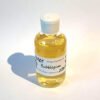
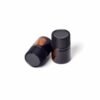
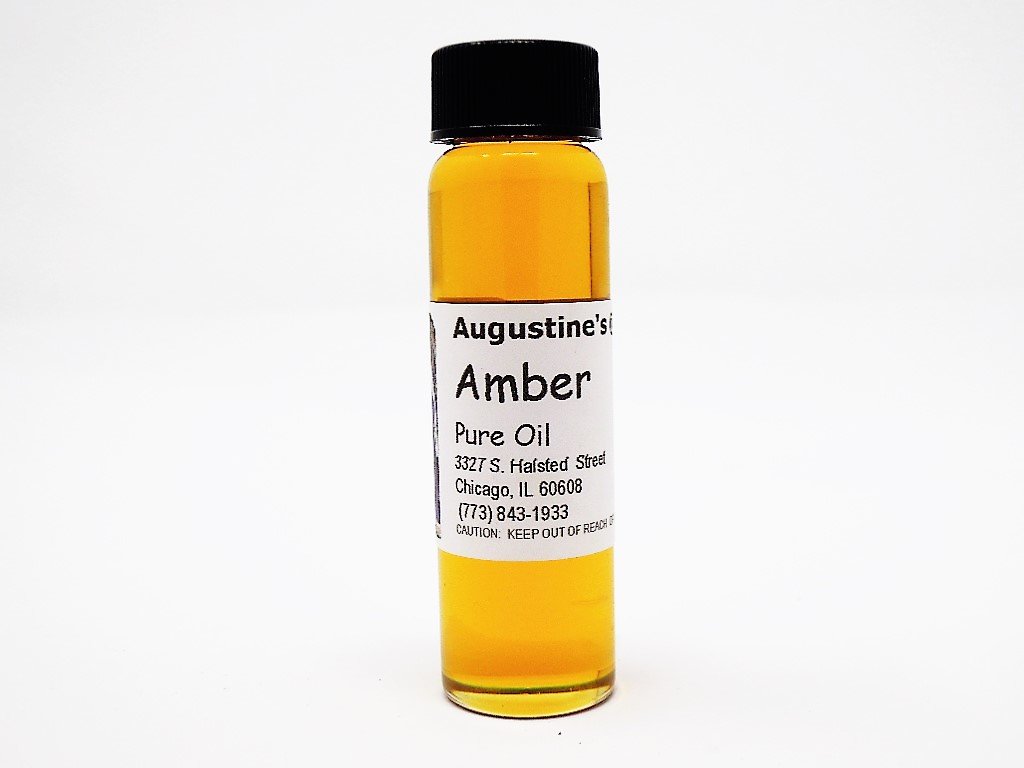
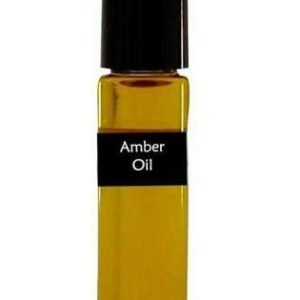
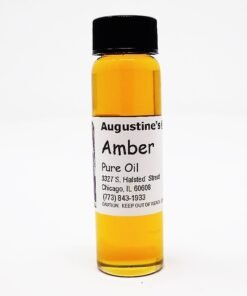
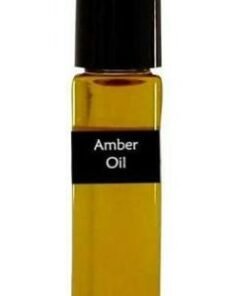

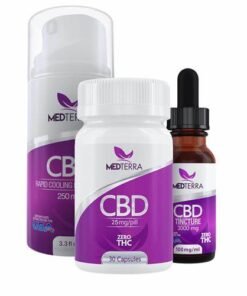
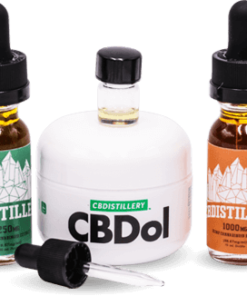


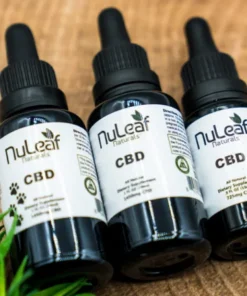
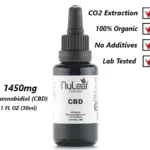
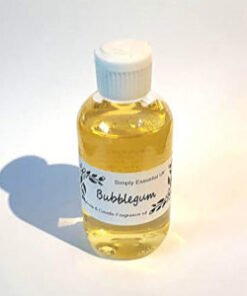
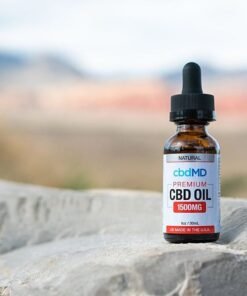
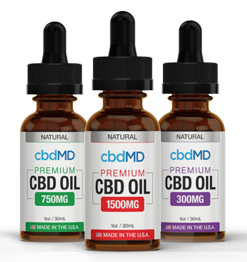
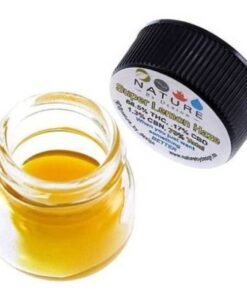
Reviews
There are no reviews yet.